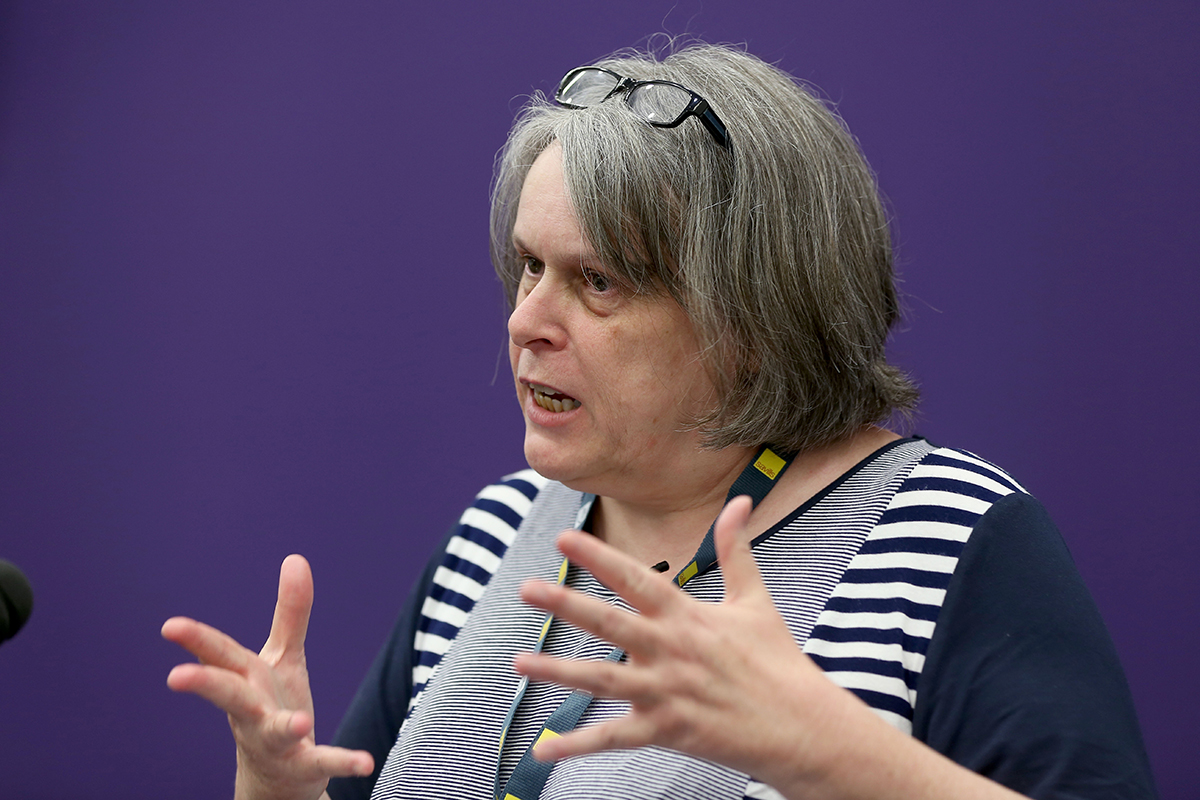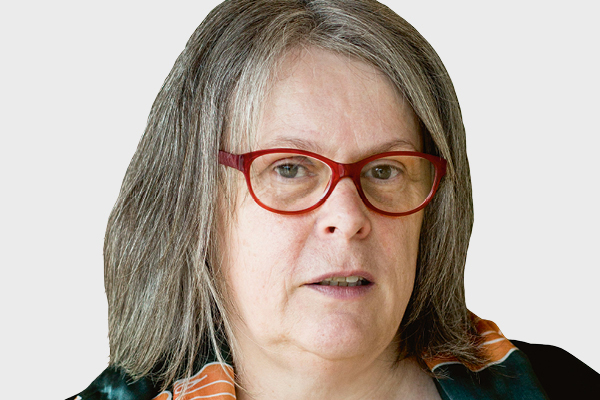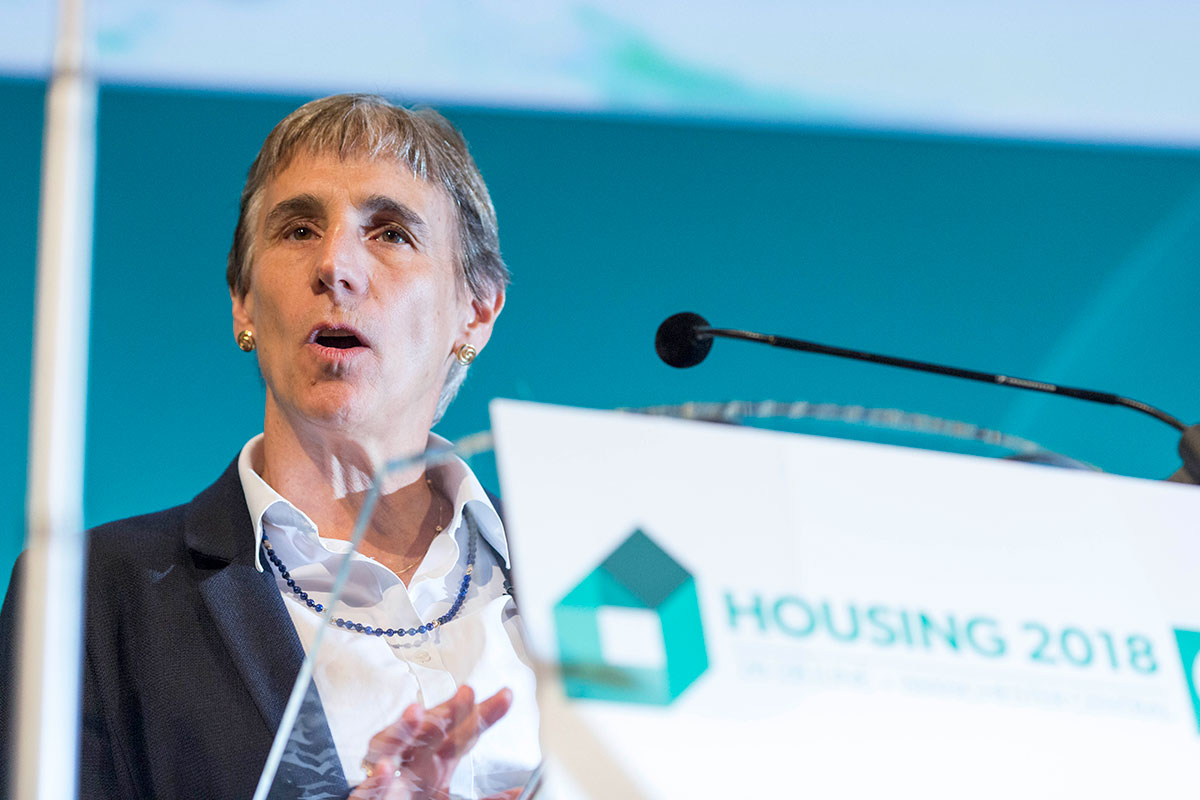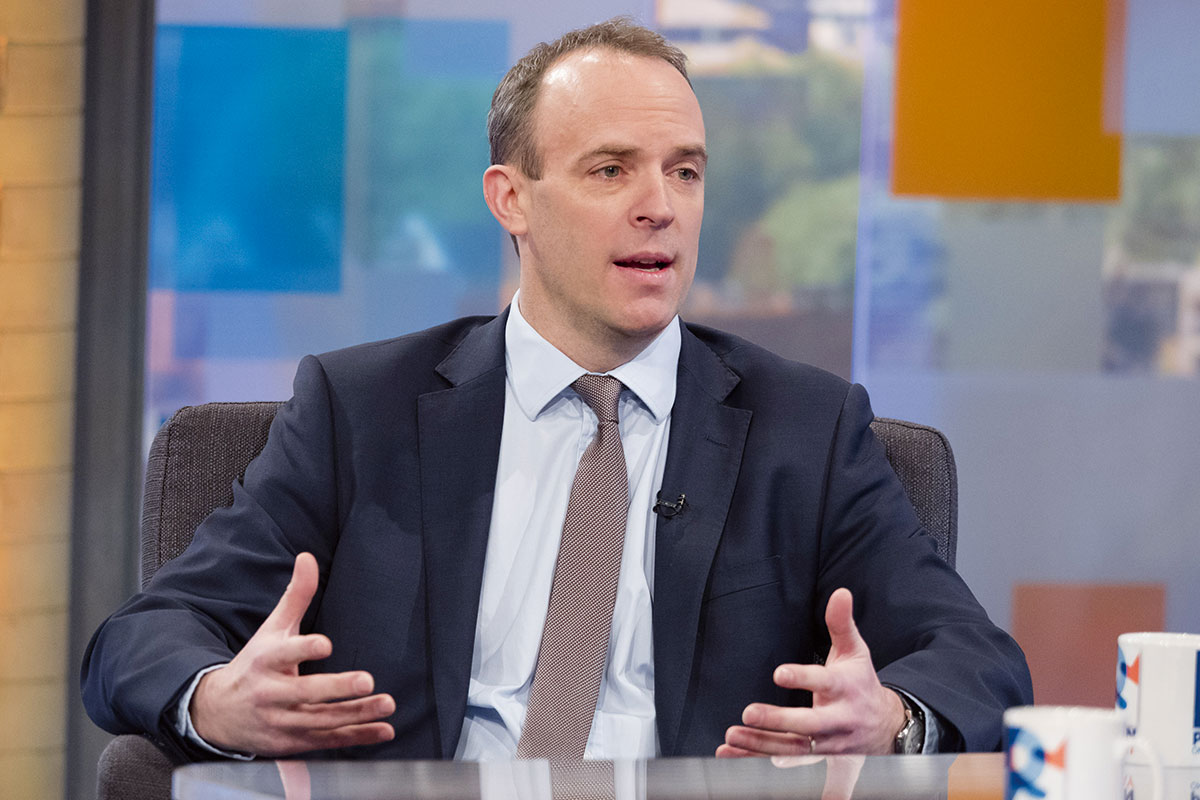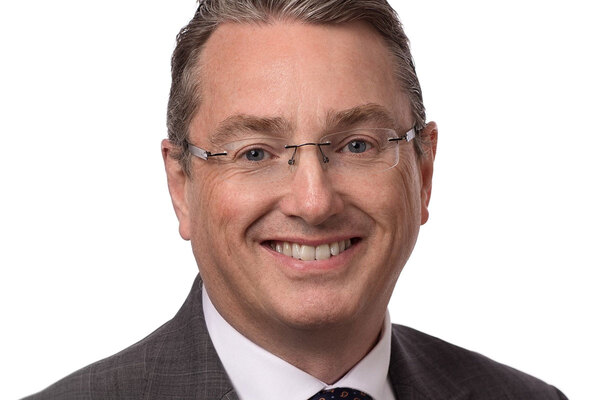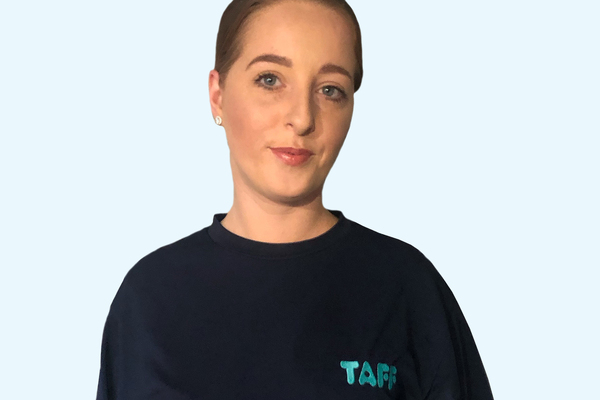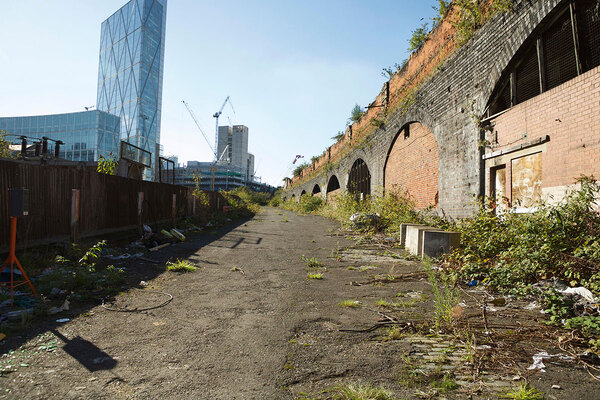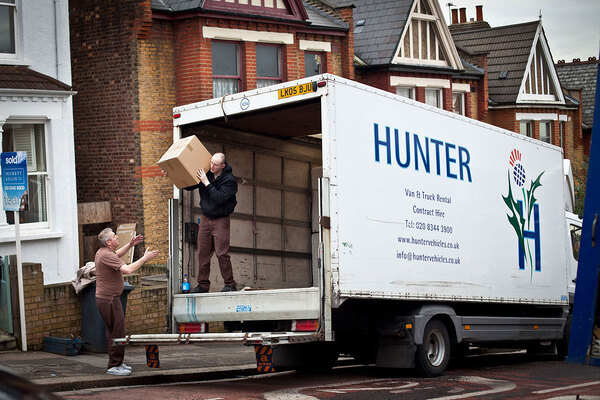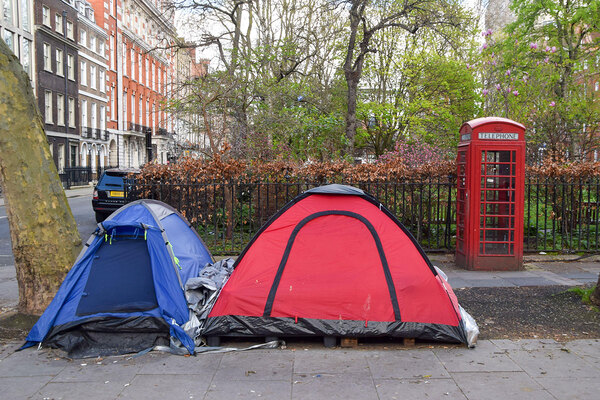You are viewing 1 of your 1 free articles
In full: Alison Inman's speech to Housing 2018
The full text of the speech given by Alison Inman, president of the Chartered Institute of Housing (CIH), to the Housing 2018 conference and exhibition in Manchester today.
"Hello everyone, and thank you for being at Housing 2018. I hope you’ve all had a great week.
I first want to take a moment to wish an especially warm welcome to our delegates of the future – young housing professionals who are joining us here at Manchester for the first time.
You guys are the future of our profession, so thank you for being here and I hope you’re enjoying your day.
It’s a great honour to stand here today.
It’s a privilege to be CIH president because it gives you the chance to see the work of so many brilliant housing professionals.
“One thing that always comes across clearly during this event is the scale of the housing challenge we face.”
Wherever I’ve gone this year I’ve been greeted by great people doing great work to make a difference every day.
And with that in mind I want to start by issuing a challenge today, which I’m going to refer to throughout.
I’m going to call it the ‘getting on with it’ challenge.
Because I’m a firm believer that a big part of our success is going to rely on us doing exactly that.
Getting on with it.
One thing that always comes across clearly during this event is the scale of the housing challenge we face.
This week we’ve heard about the desperate need for new homes and the many other severe and complicated aspects of our housing crisis.
And, like you, I’m under no illusion that a big part of the solution to those problems lies in the form of more investment from government and in other policy changes which lie out of our hands.
But, and this is a big but, a huge part of it lies in our hands.
For every challenge we have heard about this week, we’ve heard from an organisation finding ways to meet it and continue to make a difference.
And that is what we have to do.
We have to get on with it.
It was in this spirit that I chose Women’s Aid as my presidential charity.
When I made that choice I wanted to do much more than raise money – I wanted to raise awareness of domestic abuse and start conversations to get us to do much more on this crucial issue.
“Housing organisations don’t perceive domestic abuse as a major issue for them. I don’t understand that.”
I remember dealing with domestic abuse early in my career, and I would never have believed that decades later we would still be talking about it.
And yet, here we are.
It seems to me we’ve made so little progress and that we are still in a place where, by and large, housing organisations don’t perceive this as a major issue for them.
I don’t understand that.
We house millions of people.
A home should be safe and secure, and if we are not able to achieve this then we are quite simply not fulfilling our duty as housing providers.
I can’t say it more clearly than this – these are our homes, our people and this is our problem to deal with.
The term domestic abuse tells you everything you need to know about why this is an issue we should all have at the heart of our businesses.
That’s why earlier this year we decided to do something.
Joining forces with Women’s Aid and the brilliant Domestic Abuse Housing Alliance, we launched the Make a Stand pledge – a campaign which encourages organisations to unite to support people who live and work in social housing who are experiencing domestic abuse.
We created four focused actions.
First – to introduce and embed a policy on domestic abuse so that cases are properly dealt with and people can come forward to get the support they need.
“Allocations and anti-social behaviour are not killing two women a week – domestic abuse is.”
Frankly, it seems strange this isn’t already a requirement.
We are legally required to have policies on all sorts of things, like allocations and anti-social behaviour, but incredibly not domestic abuse.
Allocations and anti-social behaviour are not killing two women a week – domestic abuse is.
We should all have a policy and we should make sure our teams have the skills and training to make sure they can identify, report and deal with cases of domestic abuse.
Of course, as well as housing many thousands of people who experience domestic abuse, we also employ many thousands. So the second part of our pledge is about having a policy on domestic abuse to protect and support staff as well.
And the final two pledges are really simple but will be very effective.
We want organisations to make the details of local and national services easily available to residents and staff so that they can get support.
And we want every organisation to have a named senior person to drive an approach to tackling domestic abuse from the top.
I believe that these are four commitments that every housing organisation could put in place and that they will make a massive difference.
The brilliant news is – you clearly agree.
We launched this campaign just under a month ago, and the response has been truly amazing.
I’m going to let the figures speak for themselves.
Within our first week, 50 organisations had signed up to the pledge.
And this week we reached the 150 mark.
They include: housing associations, local authorities, ALMOs and other providers of housing in every corner of the UK – from Southampton to Shetland and Northampton to Northern Ireland.
And here’s the best bit of all, those organisations collectively own and manage more than one and a half million homes – more than a quarter of all social housing in the UK – and they employ tens of thousands of people.
That is bloody fantastic.
I want to say one thing to everyone who has been involved in Make a Stand so far.
To Women’s Aid.
To Kelly Henderson and Guddy Burnet – the women who founded DAHA and were the first people to make the case for us to do much more on domestic abuse in our sector.
To organisations like the National Housing Federation and the National Federation of ALMOs who have supported us in getting this out there.
To Inside Housing and 24housing who have supported this campaign so brilliantly.
And to all of the organisations who have signed up and supported Make a Stand.
Thank you.
Thank you for embracing this campaign with open arms.
For understanding that domestic abuse is something we need to understand and deal with.
And thank you, above all, for taking the opportunity to take direct action that will help many, many thousands of people experiencing domestic abuse get the support and help they need.
It is no exaggeration to say that this will save lives.
And if you haven’t signed up yet, we would love you to join us.
Wouldn’t it be great if we could get every organisation on board and cover every home across the UK? At this rate, that is a real possibility.
I said before how important it is for us to come together and get on with it if we’re really going to solve the housing crisis.
What’s been so brilliant about Make a Stand is the extent to which housing organisations have done exactly that.
As a sector we have passed the ‘getting on with it test’ with flying colours on this.
And I think if we can take that spirit forward into our wider work, we could achieve so much.
Because the simple fact is, whether we build, manage, sustain, support – whatever our role, there is something that unites us.
And that is that we all play a part in providing the most important thing that anyone will ever have in their life.
A home.
No single organisation, or type of organisation, can solve the housing crisis.
From councils, to developers, to contractors, to housing associations, to care-giving organisations – the list goes on. Each of us has our own role to play.
And we’ve got to get as far away as possible from arguing who is more important, who does what best and who is the most innovative.
Because, I can tell you this, the people sleeping on the streets of Manchester tonight don’t understand or care one bit about that.
They need and deserve a home and we have to cut the crap and get on with it.
I’m going to get on my soap box for a minute now.
“We are in such a privileged and responsible position and we must never underestimate that.”
Because I’ll only ever get this opportunity once and, well, it’s too late for anyone to stop me now.
It’s often said that we are stewards of this world.
That we have a duty and responsibility to leave it in a better place than we found it.
Those arguments have been made particularly strongly about the environment in recent years.
But I think that they are just as relevant for us.
We are in such a privileged and responsible position and we must never underestimate that.
We own and manage a resource which has existed in some form or another for many, many decades.
And when it boils down to it, we provide something which is so hugely important to everyone in their life.
A home.
It is our responsibility to make sure we do everything we can to provide that for as many people as possible.
It really is as simple as that.
And we have to get it right.
Just take a moment to look around you.
How far removed is this for many of the people we exist to help and support?
This fantastic venue, the beautiful food we’ve been treated to this week, the excellent networking events we’ve attended, the wine we’ve had to drink.
We’re the lucky ones, aren’t we?
I’m not having a go or trying to make anyone feel guilty.
Of course, most of us do all of that because we recognise it’s a means to an end.
It’s how, ultimately, we’ll learn and make contacts which will help us to secure the homes and services for people that need them.
But that’s a discipline we’ve all got to be so careful to maintain.
We’ve got to get what we do the right way round.
If we’re being innovative, if we’re building new homes, if we’re driving surplus – that’s brilliant.
But it should all be with the people we serve at the forefront of our minds.
We shouldn’t ever try to be the first or the best, just to be the first or the best.
We have a duty to use the surplus we generate wisely.
Striving to be competitive and great at we do is fantastic – as long as it’s always done for the benefit of the people who need a home.
That’s what I’ve loved so much about being CIH president.
Because CIH exists to help housing professionals everywhere be the best that they can be, but only so that they can help people.
We recognise that the housing world has changed significantly in recent years and that this brings new challenges for you.
And we recognise that we need to change too.
We’ve listened to you and we’ve heard the same thing again and again over the last 12 months.
More than ever, you want to make sure that you have the skills and knowledge that you need to be the best you can be at your job – so that you can provide great homes and great services.
In response to that, we’ve reviewed our offer to make sure that it maximises the opportunity for you to do this.
We have ambitious plans to expand our training offer – with new modules to support professionals at every level.
We’ve continued to expand our knowledge hub so that it becomes the go-to source of knowledge for housing professionals.
And we’re always looking for ways to add value for CIH members.
This year that has included the launch of a new online career development course, the expansion of our mentoring scheme and new free training sessions.
We’ve also recognised the need to expand our base of younger members – introducing a new under 30s rate.
And I can assure you that we will never stop finding ways to help you to do what you do.
I want to pay a special tribute to our colleagues in the nations across the UK.
They do fantastic and crucial work to represent our members in Wales, Scotland and Northern Ireland – where being tuned into the unique policy landscape is absolutely critical to our success as the professional body.
That is the only way that we can make sure we equip housing professionals everywhere with the skills and knowledge they need to make a difference.
And I want to welcome our delegation from Hong Kong and pay tribute to our members around the globe who all make a difference wherever they are.
And, as this is my last big opportunity in this role to stand in front of so many people who make it their day-to-day business to help people, I want to use it to thank every one of you so much for the work that you do.
I’ve been so lucky to see great people doing everything they can to provide housing for people, sometimes in the most difficult circumstances imaginable.
You should all be so immensely proud to be part of that collective effort.
It doesn’t matter what your job is – you play a part in helping people to get access to one of the most important things they will ever have.
“A housing professional does have knowledge and they do have skills, but they also operate with professional standards and within an ethical framework.”
Something that will shape their life, give them a chance of safety and security and help them lead the life they want to lead.
What an amazing thing to do.
And if we can do more to tell that story – to get across the unique opportunity a career in housing gives you to make a difference – I have no fears for our future at all.
Being a housing professional is about much more than just knowing a lot of things, or being great at customer service.
A housing professional does have knowledge and they do have skills, but they also operate with professional standards and within an ethical framework.
A housing professional is the complete package.
Our work and our relationship with the people who live in our communities, is so much more than a transaction.
We have a special relationship in which we have a duty of care and a responsibility to scrutinise our actions and decisions. And we must always remember that.
Octavia Hill once said: “You cannot deal with the people and their homes separately.”
And that really does sum it up.
That’s something we have to constantly keep in mind.
During my time as president it’s exactly this approach I have seen time and time again.
What makes this week so special is that it’s a chance for us to come together.
Housing 2018 is a platform for housing professionals everywhere.
A chance to learn, debate and challenge one another to continue to be better.
To make the case to the government that we need more support to do our vital work.
But, fundamentally, to lead the way ourselves.
To not wait to be given support, but find ways in its absence to help as many people as we can.
To get on with it!
And I hope that you go back to your organisations with new ideas – reinvigorated and re-energised to do the crucial work that you do.
Thank you for being part of that collective effort.
Thank you for challenging yourself to be the best you can be.
Thank you for doing the work that you do.
Speech given by Alison Inman to the Housing 2018 conference and exhibition in Manchester on 28 June.
